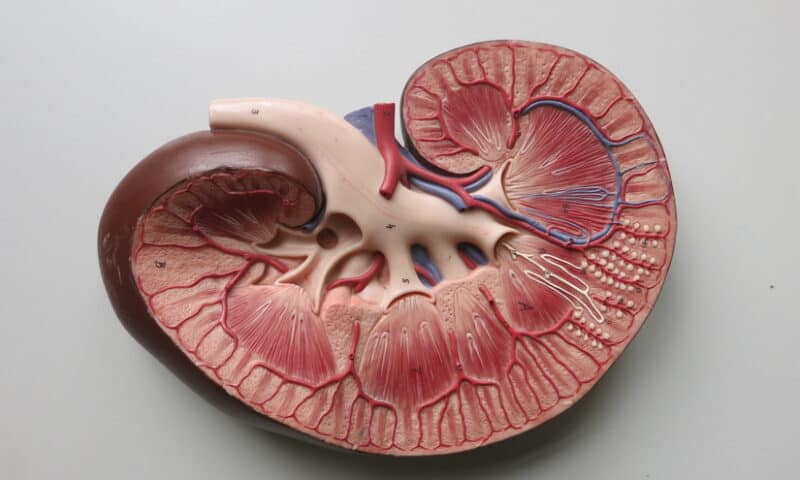Just two months after merging its way onto the Nasdaq, Chinook Therapeutics is at it again. The kidney-focused biotech plans to raise $106 million in a private round that will push a trio of assets through the clinic and gear up for the expected approval and launch of its lead program.
A group of new backers, including OrbiMed, EcoR1 Capital and “other top-tier healthcare investors,” got in on the round, while Chinook’s investors Versant Ventures, Apple Tree Partners and Samsara BioCapital will pick up $25 million in stock as part of the financing.
The private placement is slated to close just ahead of Chinook’s proposed merger with Aduro Biotech, which is expected by the end of the year. If all goes to plan, the combined company will end up with at least $275 million in operating expenses, according to a statement.
“We’re thrilled to have such a high-quality group of investors support our goal of building a leading kidney disease company to advance multiple clinical programs for IgA nephropathy and other rare, severe chronic kidney diseases with large unmet medical needs,” said Chinook CEO Eric Dobmeier in the statement. “Upon close of our proposed merger with Aduro Biotech, Chinook will be well-capitalized to move its pipeline programs forward towards its objective of providing meaningful results for patients and to prepare pre-commercialization strategies.”
The capital will pay for phase 2 and phase 3 studies of atrasentan, an endothelin receptor antagonist in development for diseases that affect the kidney’s filtering units, known as glomeruli. These include IgA nephropathy, a disease caused by the buildup of the antibody IgA in the kidneys that can curb their ability to filter blood.
It will also support research and discovery work as well as a pair of early-phase programs: BION-1301, a monoclonal antibody for IgA nephropathy that’s in a phase 1b study, and CHK-336, a preclinical-stage small molecule treatment for an “ultra-rare orphan kidney disease.”
Chinook launched out of Versant Ventures’ discovery engine in Vancouver with $65 million to come up with better treatments for kidney disease. At the time, it planned to drive multiple programs into clinical trials by 2021.
Like its peer, Goldfinch Bio, Chinook’s goal is to bring precision medicine to kidney disease, a field that has long been failed by a general approach. Dobmeier compared it to treating stage 4 cancer—all types—with one drug, in a previous interview.
Regulatory agencies traditionally required large trials to approve kidney drugs, leading studies to fail because they tested drugs in huge heterogeneous populations of patients rather than homing in on patient groups whose disease stemmed from particular drivers, such as a genetic mutation. But things look to be turning around in the field, thanks to improvements in the understanding of kidney biology, translational science and the regulatory environment. In 2018, the FDA said it would accept certain surrogate endpoints for the approval of kidney drugs, which reduces the size and duration of clinical trials required for kidney drugs to reach approval.

